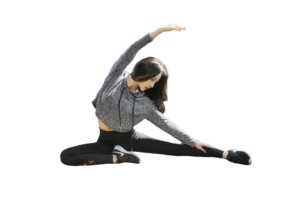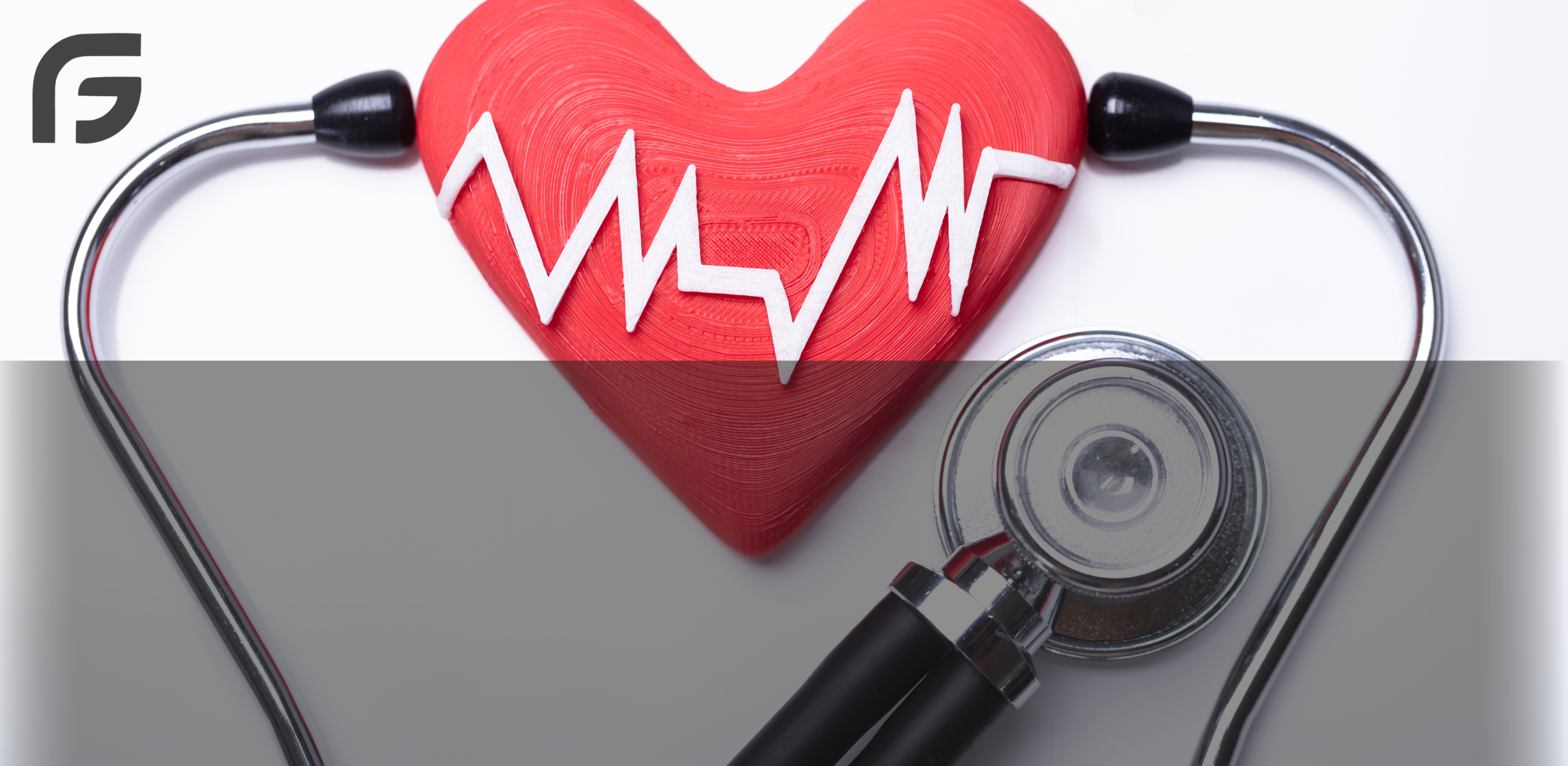Introduction
A high heart rate during exercise can be a double-edged sword. While an elevated heart rate is expected during physical activity, exceeding your target zone could lead to reduced performance or even health risks.
This comprehensive guide explains what happens when your heart rate during exercise goes too high, why it happens, and how to safely manage it for optimal workouts and long-term health.
What Is a High Heart Rate During Exercise?
A high heart rate during exercise occurs when your beats per minute (BPM) exceed the safe range for your age and fitness level.
- Target Heart Rate Zone: 50–85% of your maximum heart rate (MHR).
- How to Calculate MHR: Subtract your age from 220. For example, a 30-year-old has a maximum heart rate of 190 BPM.
Heart Rate Zones
- Warm-Up Zone (50–60% MHR): Light activities like walking.
- Fat-Burning Zone (60–70% MHR): Moderate activities like brisk walking.
- Cardio Zone (70–85% MHR): Vigorous activities like running or HIIT.
- Danger Zone (>85% MHR): Risky for prolonged periods, especially for beginners or those with heart conditions.
Heart rate zones help determine whether your exercise intensity is safe and effective for your fitness goals. Learn more in our Beginner’s Guide to Heart Rate Zones.
Why Does Your Heart Rate Get Too High During Exercise?
Several factors contribute to a high heart rate during exercise:
- Overexertion: Pushing beyond your fitness level.
- Dehydration: Reduces blood volume, forcing the heart to work harder.
- Heat and Humidity: Strains your cardiovascular system.
- Caffeine or Stimulants: Artificially increase your heart rate.
- Inadequate Rest: Lack of recovery elevates baseline heart rates.
Learn more about the impact of dehydration on exercise from Mayo Clinic.
Risks of a High Heart Rate During Exercise
1. Cardiovascular Overload
Prolonged exposure to high heart rates can lead to:
- Arrhythmias (irregular heartbeats).
- Increased risk of chest pain or cardiac events.
2. Reduced Performance
High heart rates cause your body to switch to anaerobic metabolism, reducing energy efficiency and endurance.
3. Overheating and Dehydration
Excessive heart rates raise body temperature, increasing the risk of heatstroke.
4. Muscle Fatigue
The strain on muscles increases the likelihood of cramps and soreness.
How to Manage a High Heart Rate During Exercise
1. Monitor Your Heart Rate
- Use a smartwatch, fitness tracker, or chest strap to monitor your BPM.
- Stay within 50–85% of your MHR for safe workouts.
2. Adjust Workout Intensity
- Slow down if your heart rate spikes.
- Opt for interval training to alternate between high and low intensities.
Read about interval training benefits in the GrowFit Blog.
3. Stay Hydrated
- Drink 8–10 glasses of water daily and more during workouts.
- Use electrolyte drinks for long or intense sessions.
4. Warm-Up and Cool Down
Gradual transitions in activity levels help your heart adapt to exercise and recovery.

Signs Your Heart Rate Is Too High
Recognize these symptoms of a dangerously high heart rate:
- Persistent dizziness.
- Shortness of breath.
- Chest pain or tightness.
- Nausea or excessive sweating.
- Fainting or extreme fatigue.
Pro Tip: Stop exercising immediately if these symptoms occur, and consult a doctor if they persist.
Preventing High Heart Rates During Workouts
- Ease Into Workouts: Gradually increase intensity over time.
- Stay Cool: Exercise in a well-ventilated or shaded area.
- Focus on Recovery: Take rest days and prioritize sleep.
- Eat Balanced Meals: Fuel your body with potassium and magnesium-rich foods to support heart function.
FAQs
1. How can I lower my heart rate during exercise?
Reduce your intensity, focus on controlled breathing, and stay hydrated.
2. Is it dangerous to exceed my target heart rate?
Occasionally, no. But consistently exceeding your range can lead to cardiovascular stress or injuries.
3. Can beginners experience high heart rates more often?
Yes, because their cardiovascular system is not yet adapted to exercise. Start with low-intensity workouts.
4. Does caffeine affect heart rate during exercise?
Yes, caffeine can elevate your heart rate. Avoid it before high-intensity workouts.
5. How do I calculate my safe heart rate zone?
Subtract your age from 220, then multiply by 0.5 and 0.85 to find your range.
6. Why does my heart rate stay high after exercising?
Post-exercise oxygen debt keeps your heart rate elevated temporarily. Cool down to stabilize it.

